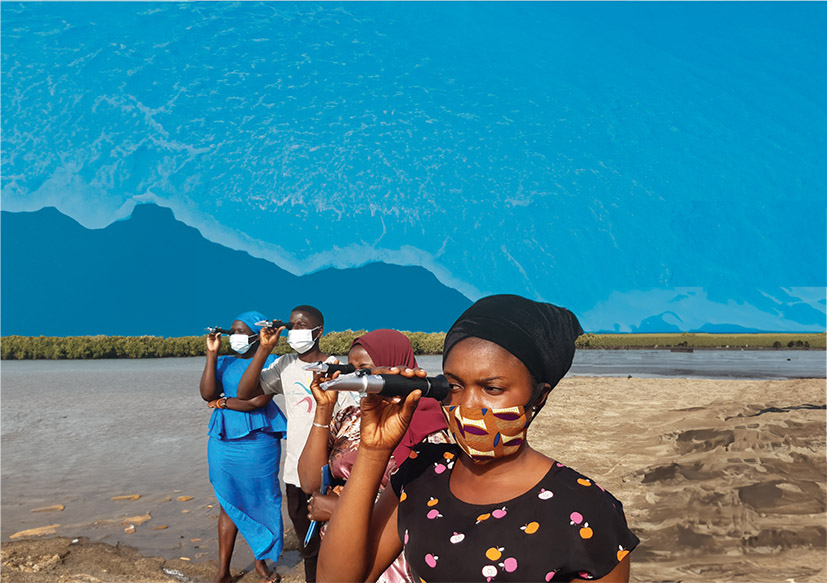Country
Profiles
Country
Networks
Country
Associations
- Date
USAID supports a second phase of the Women Shellfishers and Food Security Activity in West Africa
By Allan Philip Barku
The Women Shellfishers and Food Security Project is a co-creation of the University of Rhode Island and partners from West Africa – the University of Cape Coast in Ghana, the University of Ghana, TRY Oyster Women’s Association in The Gambia, and World Agroforestry with the United Staes Agency for International Development. This project seeks to address the need for greater attention to food security for women shellfishers and their families while improving biodiversity conservation of the ecosystems on which their livelihoods depend. More robust models, tools, approaches, and processes are needed to enable and promote these sustainable food systems and natural resource management in coastal West Africa.
The project will strengthen the evidence base, increase awareness, and equip stakeholders to adapt and apply successful approaches in areas of high potential for replication and scale-up in the eleven coastal West African countries from Senegal to Nigeria. It will draw on successful cases of a rights-based, ecosystem-based, participatory co-management approach to shellfish management by women in mangrove ecosystems in The Gambia and Ghana developed with USAID assistance.
Knowledge and experience generated through the project will open up opportunities for improvement and broader application of these promising approaches in West Africa through these key project components:
Conduct the first-ever participatory regional assessment of the situation, unmet needs, and promising approaches to shellfish co-management led by women across the eleven countries and the scope and scale of the potential sectoral and cross-sectoral benefits.
Elaborate and test elements of models based on existing approaches through site-based research in The Gambia and Ghana to strengthen the evidence base for successful elements of the model. The project will conduct six technical studies covering the field research to document linkages in a Theory of Change and conceptual results chain between women’s shellfish co-management and livelihoods, mangrove conservation, and nutrition. It will examine existing elements in the approach that are not well documented, which could enhance the approach if they are better understood. It will document both sectoral and cross-sectoral findings.
Foster a community of practice around the development and dissemination of a toolkit on a rights-based, ecosystem-based, participatory co-management of shellfish by women in mangrove ecosystems in West Africa with and for community, national, and regional level stakeholders. The toolkit will integrate findings from the participatory regional assessment and site-based research. Building on these activities, the toolkit development and dissemination will build a community of practice and provide capacity development support to 37 stakeholder institutions in West Africa. It will provide the first practical guide for the design and implementation of women’s shellfish co-management in West Africa, supported by a network of practice, among other elements such as policy briefs and case studies.

